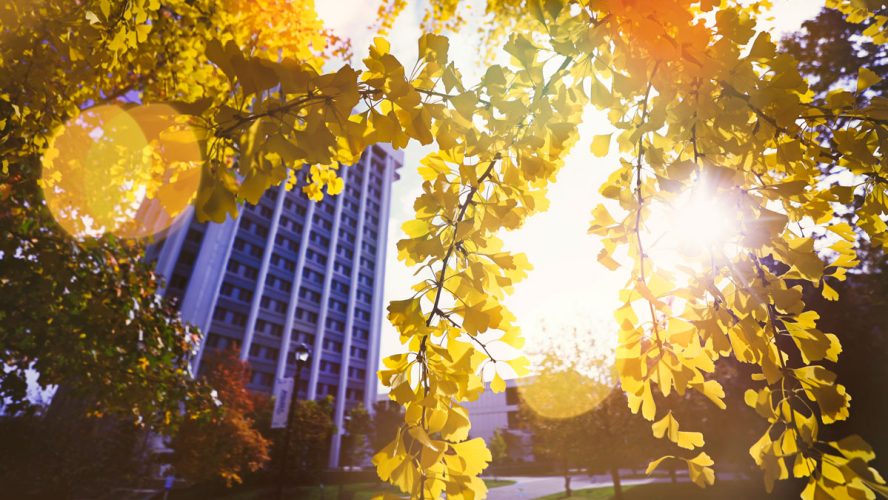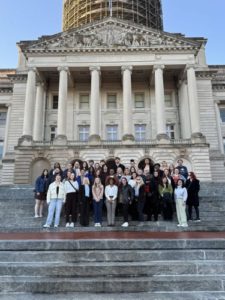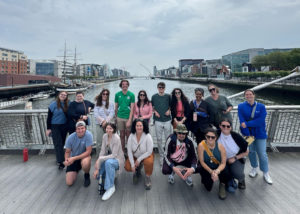When one becomes a foster parent, certain training requirements have to be met. However, there is no such thing as too much training, or support, when it comes to being a foster parent, adoptive parent, relative or fictive kin caregiver.
That’s why programs like Adoption Support for Kentucky Virtual Interaction Program (ASK-VIP) are perfect for foster/adoptive parents. ASK-VIP is an award-winning program that has been serving foster and adoptive parents for nearly two decades through adept peer-led support groups and training initiatives. The program, which is housed at the College of Social Work’s Training Resource Center, utilizes seasoned facilitators and trainers who have lived experiences with fostering and adopting.
Antoine and Jeremiah Smith-Rouse became ASK Parent Liaisons (APLs) sometime in 2018 after first being program participants. The Smith-Rouses first learned about the 20-year program from a flier and continued attending even after achieving their required training hours.
“If it were not for ASK, we would not still be fostering today. So, when the opportunity came to become APLs, we jumped on it,” they said. “We thought that it would be nice to have some diverse representation within the APL group so that foster parents can see themselves represented.”
Representation in the ASK-VIP groups is vital, which is why the Smith-Rouses work with specialized groups. The duo facilitates the LGBTQ+ Foster/Adoptive Parents and Medically Complex Foster/Adoptive Parents groups, where they let the members lead the direction of the conversation.
“Sometimes we do discuss typical (normal) foster parent concerns, but we do also discuss issues specific to us within the specialized group,” they said.
In the Medically Complex group, like most support groups, conversation is essential. The space allows a place to discuss resources and options. They sometimes have members present an issue where they were struggling to get something taken care of for months, but after being pointed in the right direction and connected to proper resources, they were able to resolve their problem.
According to the Smith-Rouses, the LGBTQ+ Specialized group has a tight-knit
core group that has continued since the start of the pilot program.
“Within this group, we are always delighted to have new members and it is a safe space. Within this group, nothing is off-limits, and it is a 100% judge free zone. Within this group, laughter happens often, but in-depth help discussions also take place,” they said.
All support groups and training are important. However, the Smith-Rouses said the specialized groups are just as important because, “…sometimes it can feel as if you are going through this journey alone.”
The specialized groups are virtual and will remain so even after COVID 19. When the pandemic began to shutdown businesses and organizations, the coordinators of the ASK-VIP program worked diligently to transition the training and support groups to a virtual format. This was important because it allowed APLS to connect to individuals from across the state.
While each specialized group brings different things to the table, the connections and relationships that Antoine and Jeremiah build bring something completely different.
“As foster parents, we know how vital self-care and support are, but at times we put it on the back burner,” they said. “We enjoy being able to motivate and empower each other. We are problem solvers by nature and are thrilled to be able to help other foster parents across the state.”
The Smith-Rouses also said they love the connection between
other APLs, creating lifelong family friends with the other APLs.
Because of this, both Antoine and Jeremiah whole-heartedly agree that those thinking about becoming APLs should take the leap.
“I have learned that not everything is as it seems, and we are all in this together,” Antoine said.
“It truly does take a village, and no matter where you are in your foster journey, more things make us the same than different.”






